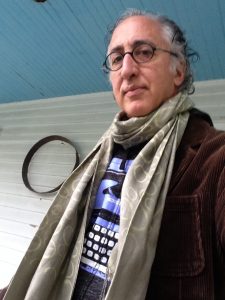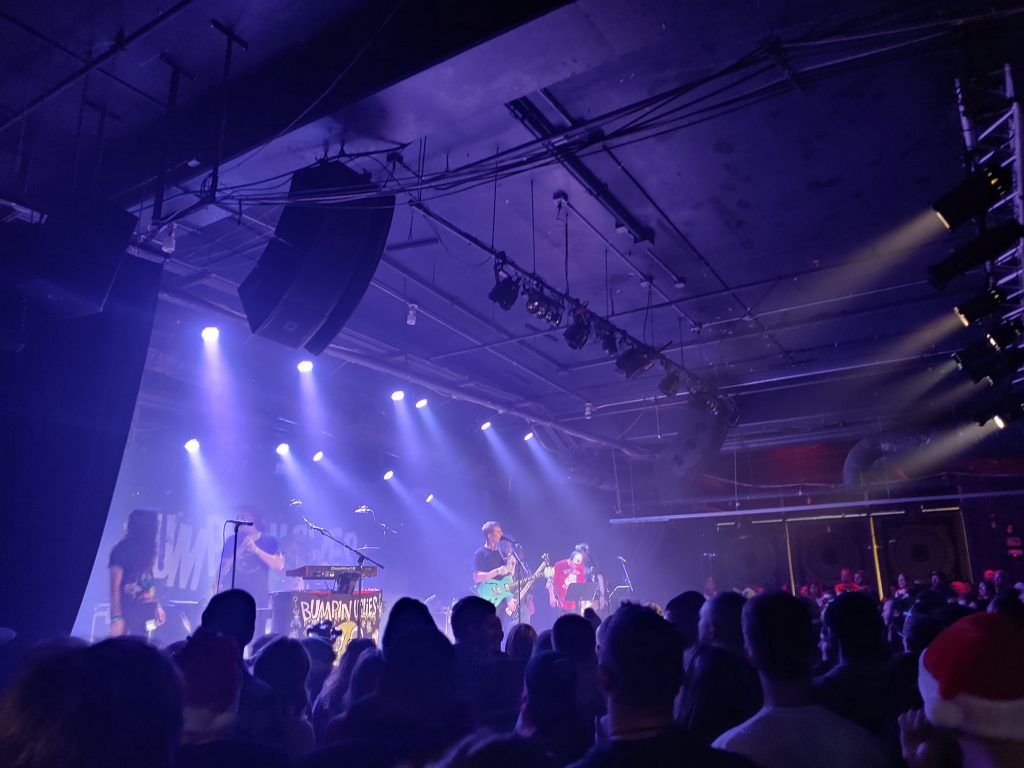The Duplex Planet was a ‘zine created by artist Davis Greenberger in Boston in 1979. In its thirty-year span, it had captured an oft overlooked experience – that of the elderly. Its quirky nature endeared in to many, and the characters created in the Duplex Planet carried over into other media, such as books, comics, and spoken word.
We have been given permission by David to relay a portion of his TED Talk. Which is a first for us, but we’re adventurous, so let’s all have fun with it.
“The first funeral I ever went to was in 1979. I was 25 and I was working as an activities director at a nursing home in Boston. There was a man at the home by the name of Arthur Brown. One day, he took sick, was taken to the hospital, and he died shortly after that – all in a short span of time. But he was 96, had lived a long and healthy life up till then. I asked around to see if anybody wanted to go to his funeral, and there was another man at the home who wanted to go; he was the one who wanted to go. His name was Arthur Wallace.

David Greenberger.
“So the two of us set off to go to this graveside service. I borrowed a car. On the way there, it took a little longer than I thought – I got a little bit lost – and the entire way there, Arthur was giving a sort of running commentary on skirt lengths and billboards and bad directions, and all the while, he was monkeying around with his hearing aid. that would fall out of his ear onto the seat, and he would jab it with a pen in some kind of a repair ritual and put it back in. It would fall out again. And the entire time he had a cigar that was not lit but was wet on both ends. So this is who I was in this small container with for the time it took to find the cemetery.
“Finally found it, pulled in. There were a couple people standing by one grave site. I parked the car and helped Arthur out. There were a lot of leaves on the ground – it was November – and I walked him across the leaves over to where these people were standing. There were a couple of elderly women who were distant relatives of the deceased, and then there was a minister. And when we were through with these brief introductions, the minister then said a very short service.
At the end of that, he asked if anybody else wanted to say anything. And Arthur Wallace, who I brought along, wanted to say something. So he stepped forward from where he was next to me, and he said something like this: “Arthur Brown was a good man but funny thing was he didn’t like bananas. Now when his lunch would come up on the tray, if there was a banana on it,. he’d give it to me. I like a banana. I like a banana okay. A banana’s my number two fruit. My number one fruit’s a big, mild pear.” And then he stepped back next to me. That was the first funeral I ever went to.
“So I should now tell you. how I came to be working in a nursing home in the first place. About a year before, I was on a cross-country trip and stopped in Palm Springs where my grandmother was spending the winter. I met a couple who were lifelong friends of hers, the Feitlers. And Herb Feitler and I spent the better part of a day. sort of palling around. We went in his car. to flea markets in surrounding desert communities out there. And I just had a fantastic time. When I got back home to Boston, in considering this fantastic time I had, I realized that what made it unique was that it was the first time I sort of had made friends with somebody who was significantly older than me but wasn’t in my family. And I liked that, and I thought I would like to do that again. I had just graduated from art school with a degree in painting, and I thought there was something I could do that would be better for me than scooping ice cream and delivering flowers. So I heard about a job at a nursing home as an activities director that somebody I’d gone to school with was doing and was going to be leaving the job. So I went there and applied, and I got the job – for 50 cents an hour less because I had no prior experience. But I started then, right away. It was in a residential, tree-lined neighborhood in Jamaica Plain, in Boston, and it was an old, converted duplex house, hence its name, the Duplex Nursing Home.
“And as soon as I set foot into this environment, I was just captivated with it. It was just filled with riveting bits of conversation that I had to write down, here being some examples: “I keep smoking, but what I really want to do is drive around in a stick-shift car.”; “If a crow would see my picture, the crow would fly away.”; “Mars will probably be a state someday.”; “I’m going to get me a fly, and I’m going to keep it in my room.”; “The most important thing of human behavior is don’t be terrorizing anybody.”; “I heard a knock at the door, and I hung up on it.”; “When you rake the yard, you rake the yard with a rake.”; I love that one… “I can speak five languages, and I can also blabber.”; “The weatherman says it’s going to be cold tonight, so around. midnight, I’m going to cook up a pork chop in the moonlight. Doesn’t cost too much to cook in the moonlight.”; “My shoveling days are over, Davy baby.”; “I’ll smoke another cigar, by and by.” And these became the basis for a publication I started. called “The Duplex Planet.
“I didn’t know exactly where it was going, and in fact, I set aside painting. I felt like if this was to be something that I was to find my way in, I shouldn’t have any other outlet that would allow that. I got the first issue together and gathered all the residents together one afternoon and handed out a copy to each one of them. Within about two minutes, they figured out that I wasn’t also passing out cake or refreshments or something and most of them wandered away, discarding these. However, that night, copies that made it home with me roommates and friends saw, and I instantly got that this was for everybody but the people in it. Had it been more traditional oral history, it would have been a keepsake of sorts for the residents, but this was something else: this was characters springing to life on the page. So I got to know all 45 of these residents; it was an all-male nursing home, this place. Some were talkative; some were not. Some were agitated; some were calm. Some were very articulate about all manner of things, and some didn’t really make a lot of sense in expected ways. And it was those latter ones who I was most interested in. I felt fortunate to be in close contact with people who were going through that, and I came to see that they ended up not making sense. having made the same sense that we all make when we make sense. If that makes sense.
“I’ve had about a quarter-million conversations in my life, and I’ve forgotten almost all of them. Conversations are a way for two people to be in the same time and place as one another. And we extract the data from it, and we’re left, then, with an emotional memory of somebody. I’m an artist, and I’m also somebody in the second half of my life, well into it, and I think I’ve learned as a human being and grown as an artist from continuing to meet people who are living the last years of their lives. The differences between us are obvious, but it’s the things that we have in common that are the most fulfilling to me. That’s where you find the surprise and the mystery and the truth.”





 RadioRadioX
RadioRadioX